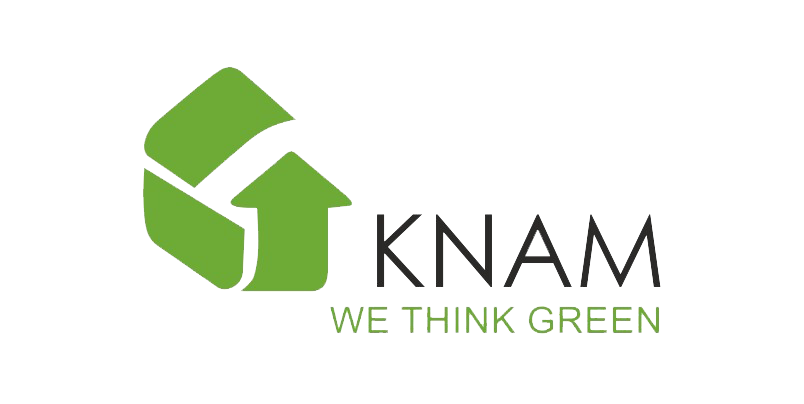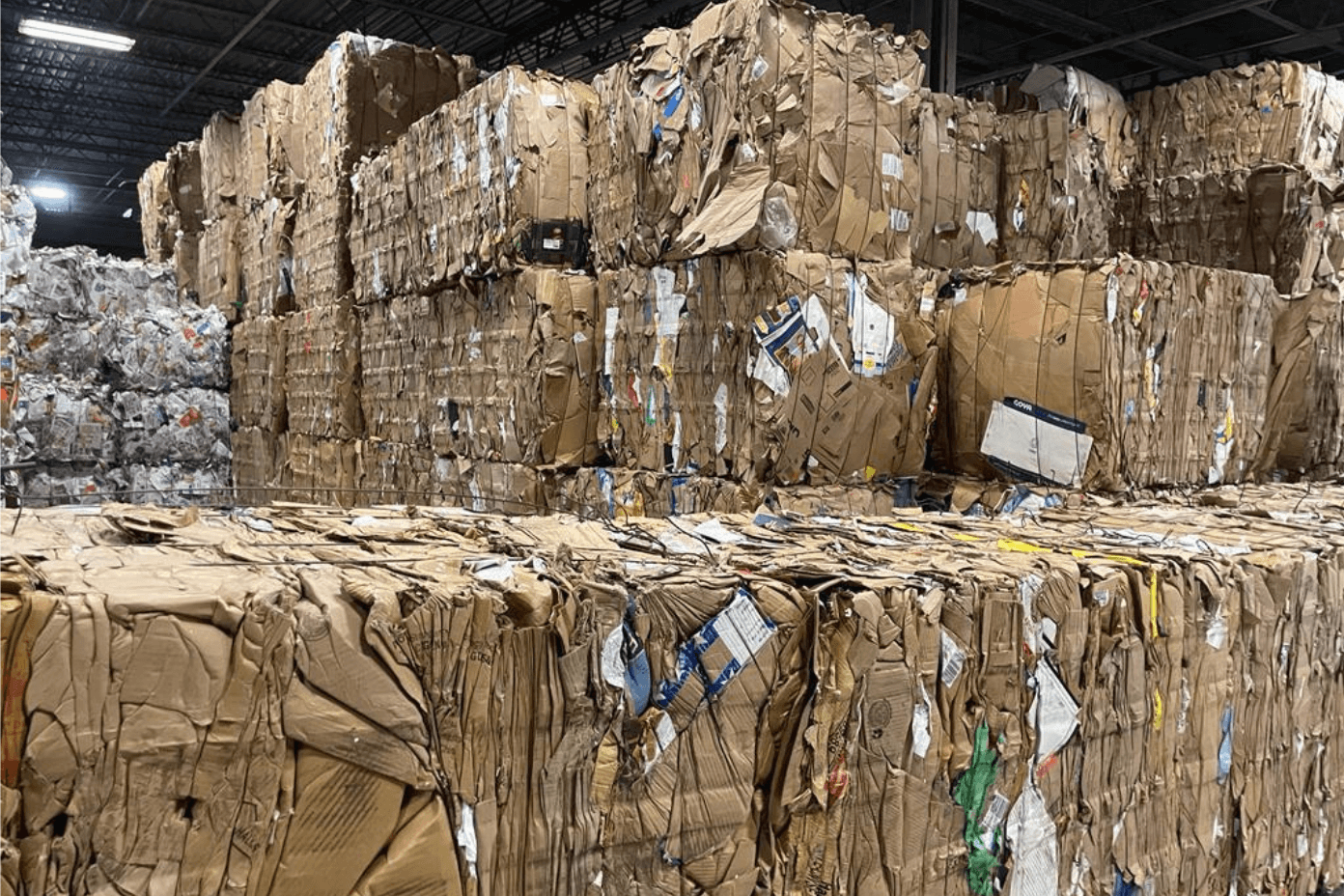Top 5 Benefits of Paper Recycling - Eco-Conscious Paper Recycling
Once upon a time, there was a small town called Greenville that had a big problem – they were producing too much paper waste. The town council knew they needed to find a solution, but they didn’t know where to start. The concerned citizens came forward with a solution – paper recycling.
The citizens explained that by paper recycling, they could reduce the amount of waste sent to landfill, conserve natural resources, and support local economies. They shared the several benefits of paper recycling, such as saving energy, reducing greenhouse gas emissions, and improving air and water quality. The council was impressed and decided to launch a paper recycling program in the town. They placed recycling bins throughout the town and encouraged residents to participate. At first, there were some skeptics who didn’t think recycling would make a difference, but as the program gained momentum, they began to see the benefits.
The small town of Greenville showed that by working together and taking small steps, they could make a big difference. By implementing a paper recycling program, they reduced waste, conserved natural resources, and created a more sustainable future. And they did it all while supporting their local community and promoting eco-conscious living.
So, there are many benefits of paper recycling that everyone should know. In this blog, let’s explore a few benefits of paper recycling.
- Reduces Paper Waste
Paper recycling reduces the amount of waste sent to landfills. When paper is thrown away, it takes up space in landfills and can take years to decompose. By paper recycling, we can keep it out of landfills and reduce the amount of waste produced.
- Conserves Natural Resources
Paper recycling helps conserve natural resources, such as trees, water, and energy. Trees are the primary raw material used in paper production, and paper recycling reduces the need to harvest trees. This helps preserve forests and other natural habitats.
- Saves Energy
Paper recycling requires less energy than producing paper from virgin pulp. The energy required to recycle paper is significantly less than the energy required to harvest trees, transport them to a pulp mill, and process them into pulp. Waste paper recycling also reduces the need to use fossil fuels, which contributes to a reduction in greenhouse gas emissions.
- Reduces Greenhouse Gas Emissions
Paper recycling reduces greenhouse gas emissions associated with paper production. When paper is produced from virgin pulp, it releases carbon dioxide and other greenhouse gases into the atmosphere. By paper recycling, we can reduce the number of greenhouse gases produced during the manufacturing process.
- Improves Air and Water Quality
Paper recycling also helps improve air and water quality. The production of paper from virgin pulp releases pollutants into the air and water. Paper recycling reduces the amount of pollution generated during the manufacturing process, which helps improve air and water quality.
Conclusion
The benefits of paper recycling are numerous. Through small steps like implementing paper recycling programs and using recycled paper products, we can reduce waste and create a cleaner and healthier planet for future generations.
Happy Reading!
Any queries? Reach us at………






